 A recent Louisiana Court of Appeal ruling underscores the complexities of premises liability cases and the challenges plaintiffs face in proving negligence when accidents occur on someone else’s property. The case, Krueger v. La Quinta Inn & Suites, involved a guest who suffered a foot injury due to broken glass in the hotel pool. While the injury was unfortunate, the court ultimately sided with the hotel, highlighting the necessity of establishing the property owner’s knowledge of the hazard.
A recent Louisiana Court of Appeal ruling underscores the complexities of premises liability cases and the challenges plaintiffs face in proving negligence when accidents occur on someone else’s property. The case, Krueger v. La Quinta Inn & Suites, involved a guest who suffered a foot injury due to broken glass in the hotel pool. While the injury was unfortunate, the court ultimately sided with the hotel, highlighting the necessity of establishing the property owner’s knowledge of the hazard.
Casey Krueger and his family were staying at a La Quinta Inn & Suites in Baton Rouge when he cut his foot on broken glass in the pool. Although the jury acknowledged there was a defect on the premises, they found the hotel not liable because they didn’t have actual or constructive knowledge of the hazard.
Krueger appealed, arguing that the hotel should have known about the broken glass and that the doctrine of “res ipsa loquitur” should apply, allowing negligence to be inferred from the circumstances of the injury.
 Insurance Dispute Lawyer Blog
Insurance Dispute Lawyer Blog


 A recent
A recent  In the recent Louisiana Court of Appeal, Third Circuit, decision of
In the recent Louisiana Court of Appeal, Third Circuit, decision of 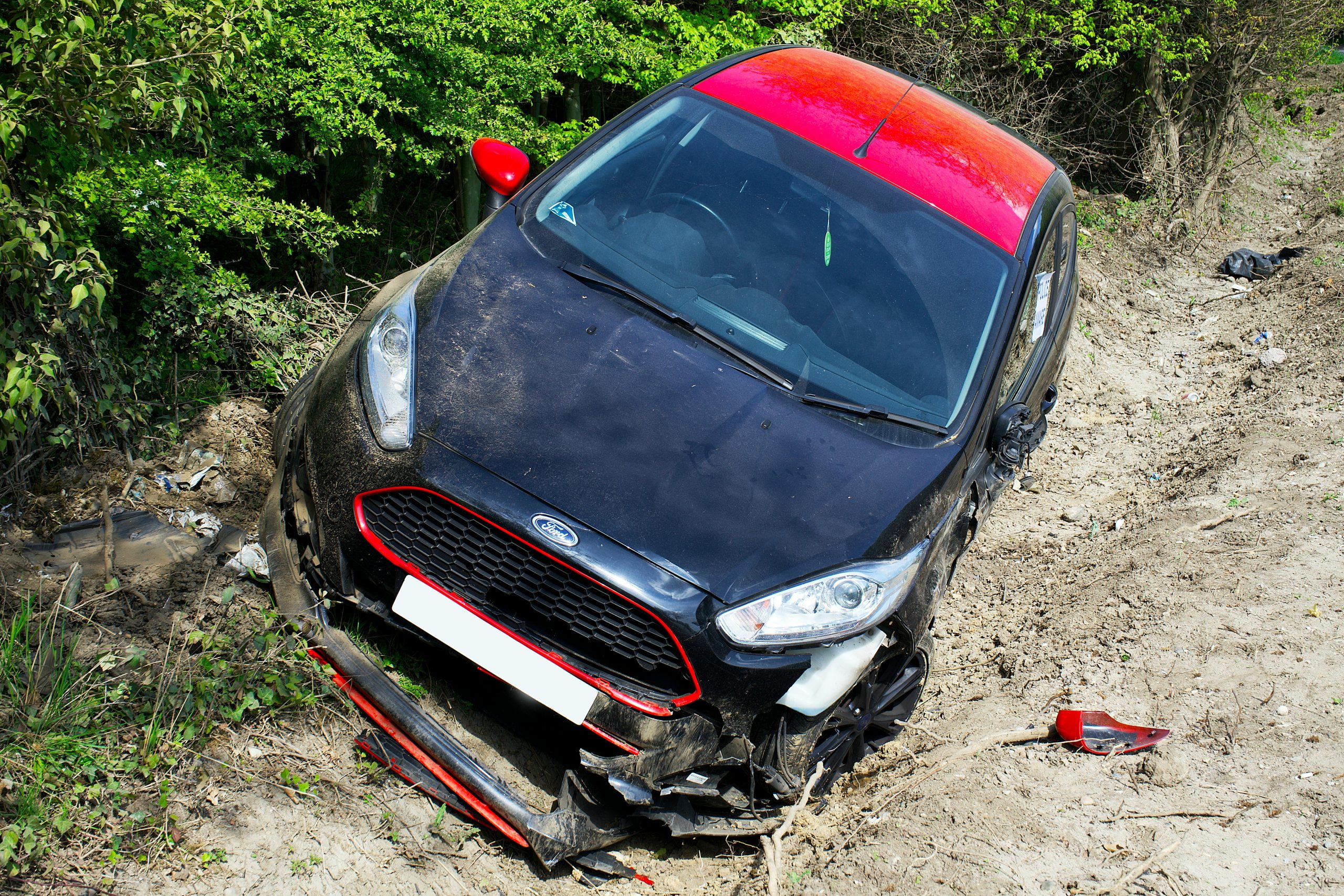 Patricia Spann’s life took a dramatic turn when she lost control of her Chevrolet Cobalt, resulting in a severe accident that left her with multiple fractures and a lengthy hospital stay. She believed the cause of the accident was a faulty power steering system, recently replaced by Gerry Lane Chevrolet as part of a recall. Spann sued Gerry Lane, alleging negligence in the repair and the hiring and training of their mechanics.
Patricia Spann’s life took a dramatic turn when she lost control of her Chevrolet Cobalt, resulting in a severe accident that left her with multiple fractures and a lengthy hospital stay. She believed the cause of the accident was a faulty power steering system, recently replaced by Gerry Lane Chevrolet as part of a recall. Spann sued Gerry Lane, alleging negligence in the repair and the hiring and training of their mechanics.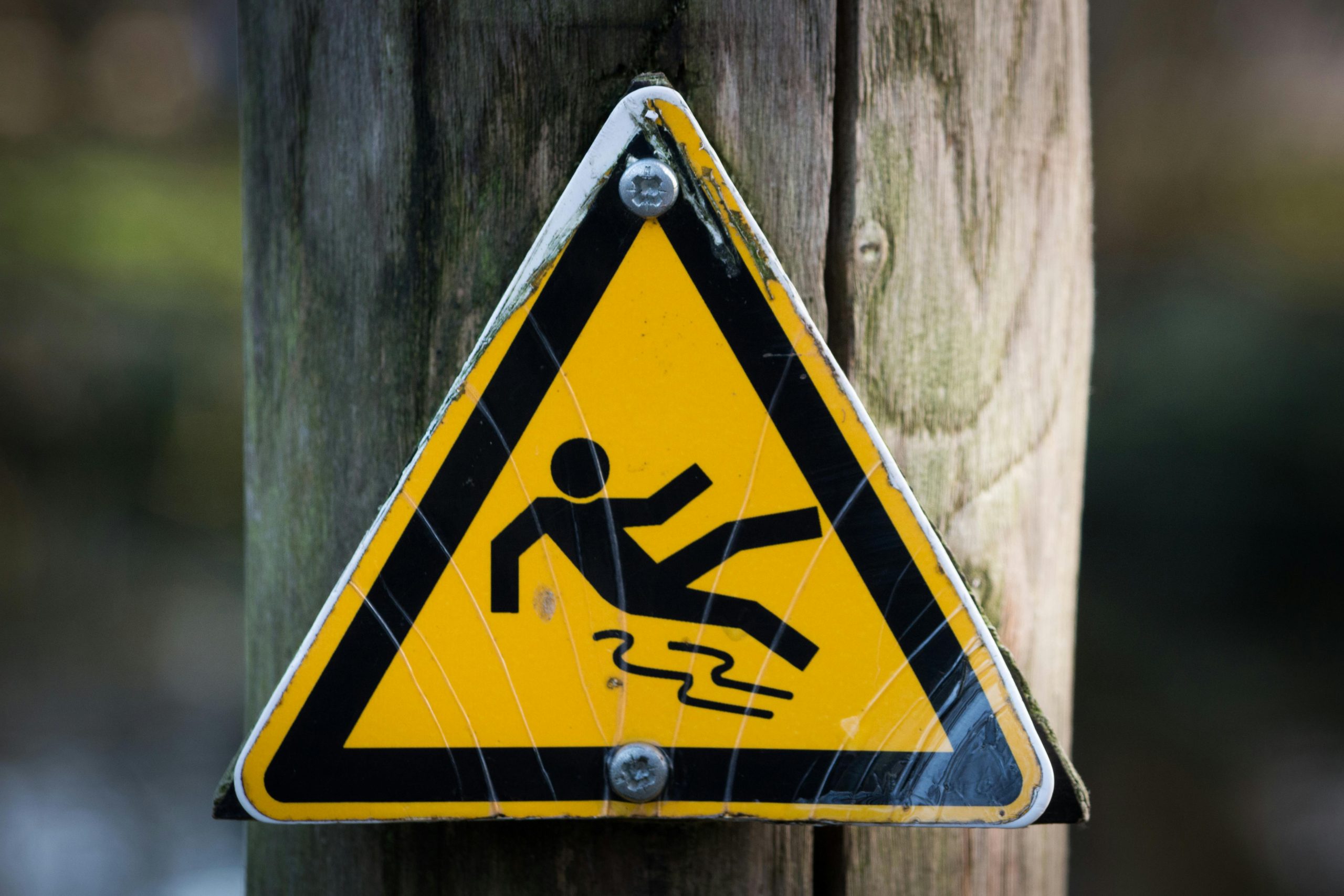 We’ve all heard the phrase “slip and fall,” often in a comedic context. However, slip-and-fall accidents can result in severe injuries and legal battles. The recent case of
We’ve all heard the phrase “slip and fall,” often in a comedic context. However, slip-and-fall accidents can result in severe injuries and legal battles. The recent case of 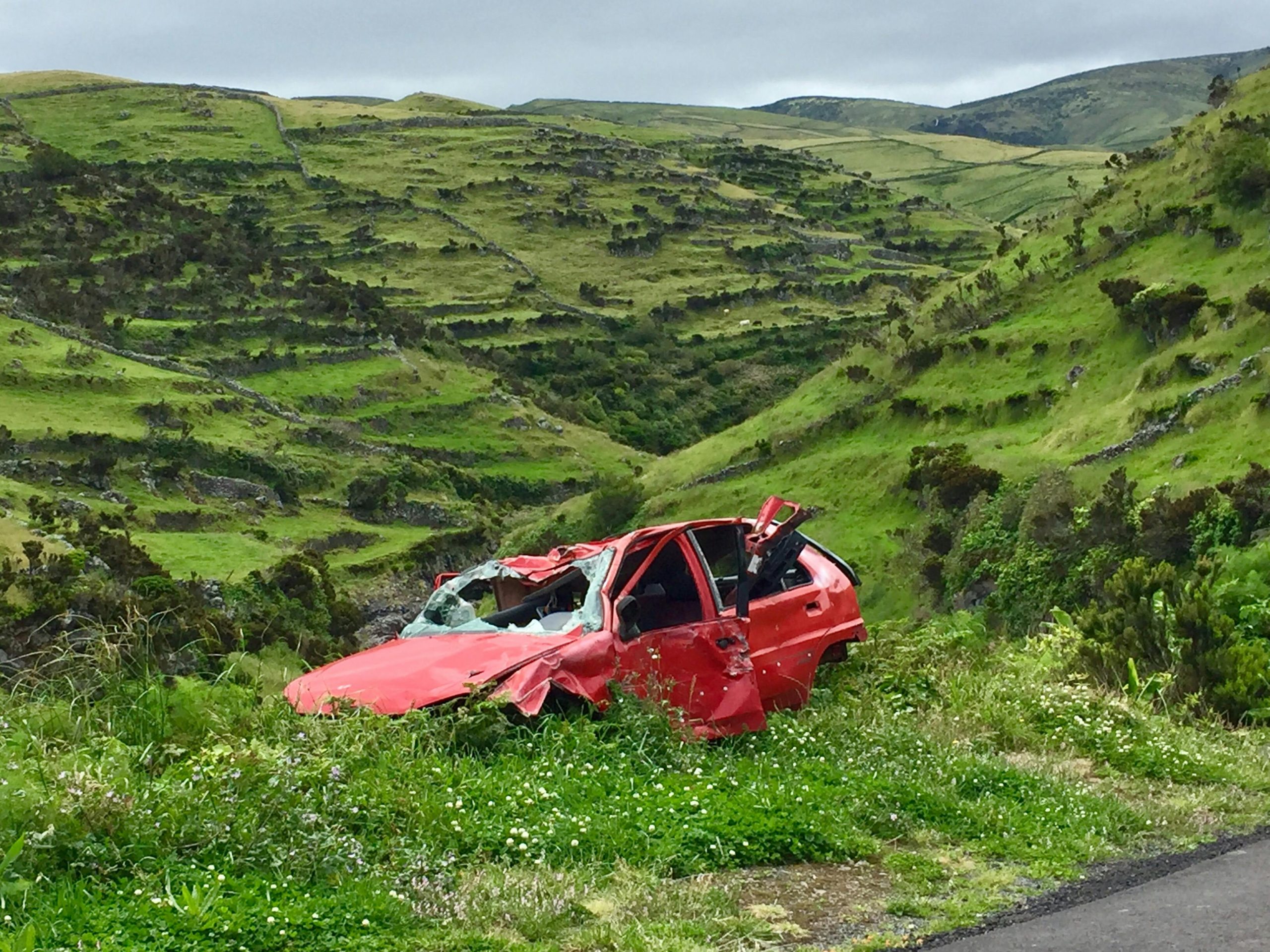 Sometimes, being a passenger in a car can be a frustrating and disturbing experience. This is especially true when actions beyond the passenger’s control, such as being involved in a collision, put his or her life in danger. When such a situation arises, the injured passenger will, understandably, seek compensation from the responsible party. However, if the person who caused the accident leaves the scene and is never apprehended by law enforcement, an injured person may turn their attention elsewhere for financial compensation. Such a situation arose following a car accident on a stretch of highway between Jennings and Lafayette, Louisiana.
Sometimes, being a passenger in a car can be a frustrating and disturbing experience. This is especially true when actions beyond the passenger’s control, such as being involved in a collision, put his or her life in danger. When such a situation arises, the injured passenger will, understandably, seek compensation from the responsible party. However, if the person who caused the accident leaves the scene and is never apprehended by law enforcement, an injured person may turn their attention elsewhere for financial compensation. Such a situation arose following a car accident on a stretch of highway between Jennings and Lafayette, Louisiana. 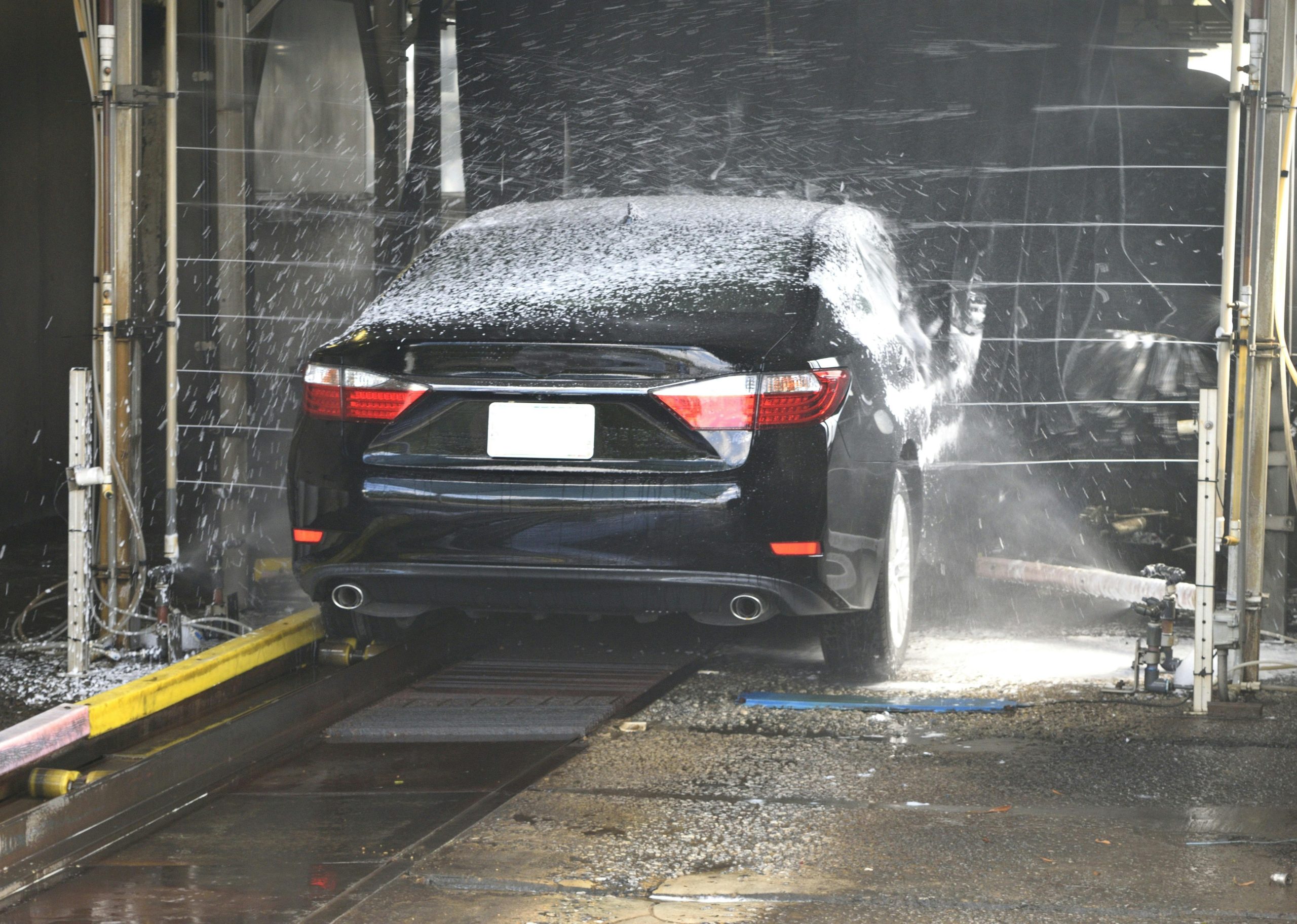 In cases involving multiple defendants, courts are frequently asked to dismiss some or all of the parties because no set of facts can allow a case to proceed. Defendants will point the finger at their counterparts in hopes of securing a dismissal for themselves. However, the dismissal of even just one defendant can mean the loss of significant compensation for the party bringing the lawsuit. In a recent injury case out of Baton Rouge, a family was able to get their day court despite the best efforts of their opponent.
In cases involving multiple defendants, courts are frequently asked to dismiss some or all of the parties because no set of facts can allow a case to proceed. Defendants will point the finger at their counterparts in hopes of securing a dismissal for themselves. However, the dismissal of even just one defendant can mean the loss of significant compensation for the party bringing the lawsuit. In a recent injury case out of Baton Rouge, a family was able to get their day court despite the best efforts of their opponent. 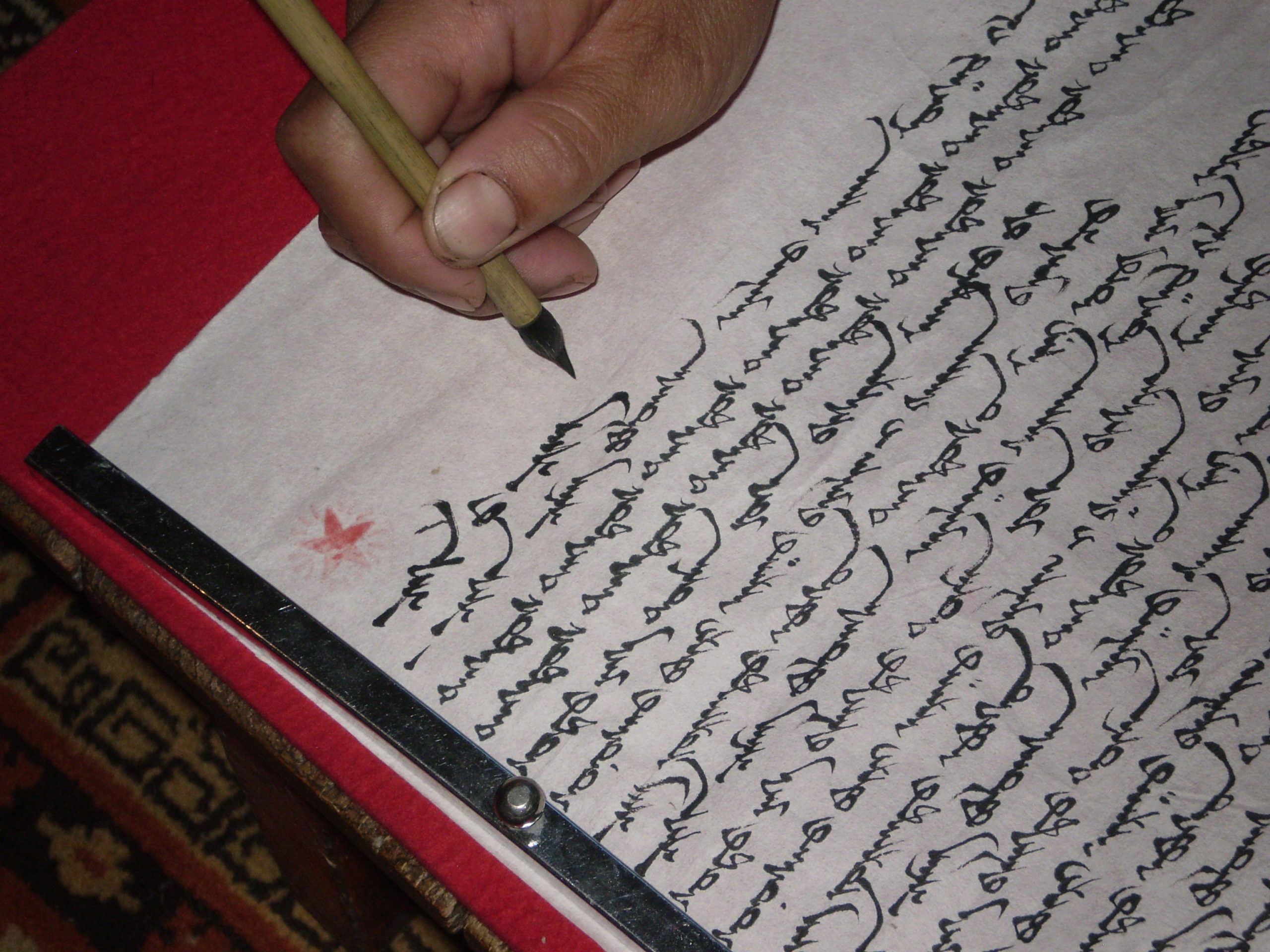 In the legal world, every word holds significance. Clarity and precision are of the utmost priority because even the slightest bit of ambiguity can have dire consequences. This is a truth that Terry Gotch would later find out after he filed suit against Scooby’s ASAP Towing LLC following a vehicular accident in Louisiana.
In the legal world, every word holds significance. Clarity and precision are of the utmost priority because even the slightest bit of ambiguity can have dire consequences. This is a truth that Terry Gotch would later find out after he filed suit against Scooby’s ASAP Towing LLC following a vehicular accident in Louisiana. It is common to borrow a car from a family member or friend. If you are unfortunately involved in an accident while driving a borrowed car, who is liable for damages if the accident results from inadequate maintenance?
It is common to borrow a car from a family member or friend. If you are unfortunately involved in an accident while driving a borrowed car, who is liable for damages if the accident results from inadequate maintenance?  If you are involved in an automobile accident, it can be difficult to navigate insurance claims and coverage. The situation becomes even more complicated when there are multiple insurance policies involved. How is coverage allocated between multiple relevant insurance policies?
If you are involved in an automobile accident, it can be difficult to navigate insurance claims and coverage. The situation becomes even more complicated when there are multiple insurance policies involved. How is coverage allocated between multiple relevant insurance policies?